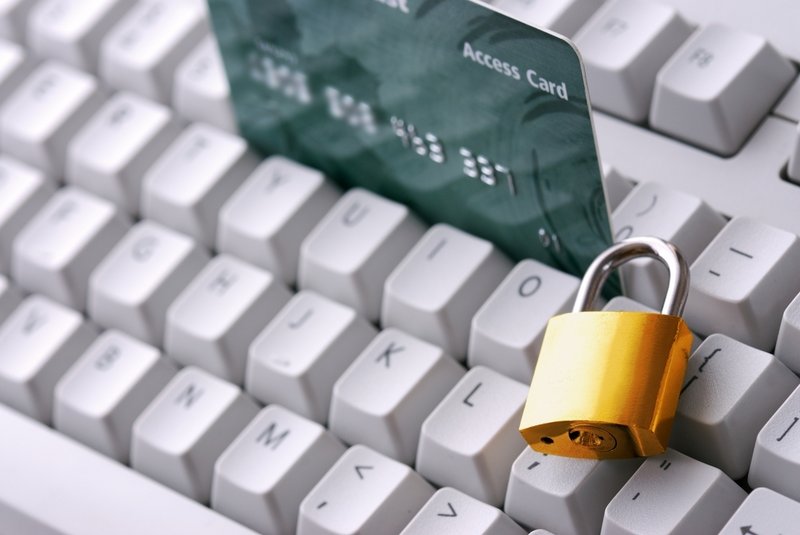When we think about cyberattacks, it’s easy to conjure up images of a massive intelligence agency plotting to disable missile systems or shut down the electric grid.
But something much more immediate is also a real threat.
There have been small-scale cybercrimes involving businesses right here in Maine, like the Works Bakery and Cafe in Portland and Agincourt Wallboard in Westbrook. The target may well have been customer credit card numbers, the theft of which could result in a host of financial crimes.
These crimes may start small, but they can turn big in a hurry.
The biggest consumer data breach in U.S. history took place not at a government agency or huge bank, but in the parking lot of a Marshalls department store in Minnesota. Criminals used a directional antenna hidden in a Pringles potato chip can and a laptop computer to break into the store’s computer system and steal the personal data of 45 million customers
It turned out that the store’s employees had failed to use basic security procedures, such as protecting passwords and updating software systems. That made the business liable, and the company that owns Marshalls paid nearly $2 billion in restitution.
This is a frightening story in a world where we do so much business electronically. A decade ago, few people would buy a cup of coffee or an ice cream cone with a credit or debit card. Today, it’s routine.
It is frightening to know that we are opening the door to our private records and assets every time we swipe a card.
The crooks no longer have to break into a bank to steal from us. If the information is not well protected, all they need to do is linger outside a coffee shop and help themselves to whatever they want.
Businesses that have benefited from customers who spend freely with credit cards should take their responsibility seriously. If people lose confidence in their ability to use these systems safely, that would mean less business activity. The onus is on stores that collect consumer data to protect it, using techniques that keep them ahead of the bad guys.
It’s also put pressure on the financial institutions to develop more secure ways to conduct business electronically.
And if stories like this aren’t scary enough, there’s always the nightmare scenario of large-scale cyberwars.
Imagine how much mayhem an enemy intelligence agency could achieve, if all that were needed for the biggest data breach in history were a laptop and a potato chip can?
Copy the Story Link
Send questions/comments to the editors.



Success. Please wait for the page to reload. If the page does not reload within 5 seconds, please refresh the page.
Enter your email and password to access comments.
Hi, to comment on stories you must . This profile is in addition to your subscription and website login.
Already have a commenting profile? .
Invalid username/password.
Please check your email to confirm and complete your registration.
Only subscribers are eligible to post comments. Please subscribe or login first for digital access. Here’s why.
Use the form below to reset your password. When you've submitted your account email, we will send an email with a reset code.